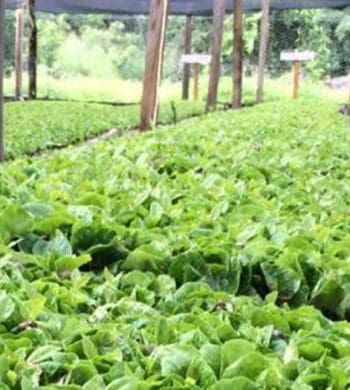Spanish settlers were the first to bring coffee to Mexico in the 18th century where it was first planted in the fertile highlands to the south. For many years, production was dominated by a small number of land barons. Following agrarian land reforms after the 1920’s revolution, the large plantations lost their monopoly on production and coffee growing began to spread to small farms.
The National Coffee Institute of Mexico (INMECAFE) was formed in 1973 to provide technical assistance and a source of credit for producers. As a result, coffee production grew at a rapid pace in the countryside. Throughout the 1970’s and 1980’s, the Mexican government heavily promoted coffee production to indigenous farmers, particularly in the lush southern area of the country. By 1991, Mexico had become the fourth largest producer in the world, and coffee was hugely important to the economy of the country. That boom was followed by a bust. The end of the cartel-like price controls put in place by the International Coffee Organization (ICO) and a loss of support by the Mexican government led to chaos in the coffee sector. INMECAFE was dismantled and producers suddenly found themselves struggling to find buyers for their coffee. Indigenous producers were among the hardest hit. Production and quality fell dramatically during this period known as “the coffee crisis.”
In response to the crises and to fill the vacuum left behind by INMECAFE, producers formed collectives. Over the years, many of these producers became Fair Trade and/or Organic certified.
While coffee production in Mexico hasn’t returned to boom year levels, they are currently the 10th largest producer in the world. The southern states of Veracruz, Puebla, Oaxaca and Chiapas, with their rich volcanic soils and steady rains, account for 95% of total production. And, while much of Mexico’s coffee goes to commercial grade blending, the higher quality coffees are prized for their cup profiles which often include bright acidity, a smooth, almost creamy body and hints of chocolate.

